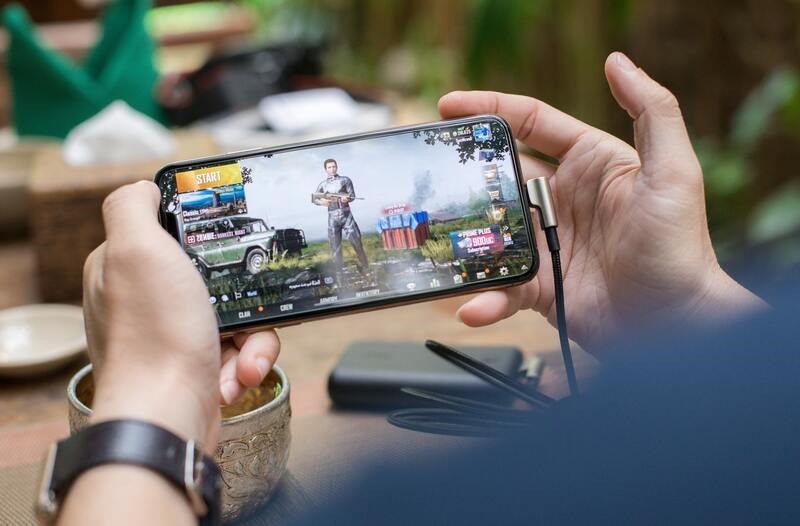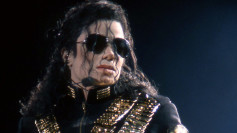The digital revolution is in full swing across South Africa, with connectivity rates on the rise and people being more than happy to switch their habits. Convenience has been vital, but so has the accessibility of smartphones, and the quality of the content made available by the devices.
Down the line, this will continue to revolutionize just about every aspect of regular life, but in these relatively early stages, one market soars above others: entertainment. It's seen in all nations where smartphone penetration is on the rise, with people checking out apps and mobile sites, often for free, to get quick, simple fun on the go.
Digital entertainment is already proving to be wildly popular, opening up new sectors and ways for businesses to reach the South African community. Better still, the scene is still somewhat nascent, with plenty of room for growth.
A nation that's increasingly connected
At the start of this year, over 38 million of the close to 59 million people in South Africa were internet users, with that number continuing to grow. Over the last year, more than one million more people became connected, and Huawei, in co-operation with Rain, will be delivering 5G to the nation, only enhancing the online experience and the capacity of connections.
While there was a significant amount of broadband adoption, the number of subscriptions to this form of internet connectivity is fading. The year of 2019 saw subscriptions tumble by close to one-fifth, but at the same time, smartphone penetration has closed in on 95 percent. People clearly favor the convenience of accessing the internet via mobiles, even if the average price of data in South Africa isn't exactly cheap, at around US$2.67 per 1GB.
Many major companies have recognized this, as have local businesses. Globalization is undoubtedly having an impact on many of the emerging online entertainment markets in South Africa, but so too is localization. International brands are just as recognizable, but the content that people want to access is still locally defined. The current offering is certainly finding its audience, too, with spending set to hit ZAR171 billion over the next couple of years, marking a ZAR41 billion increase over a five-year spell.
The digital entertainment that's taking the country by storm

Video gaming has had an audience in South Africa for many years, with international tent pole titles like FIFA, Call of Duty, and Mortal Kombat being popular among private owners and in gaming bars. However, the entertainment medium has really hit its stride with the increased smartphone adoption. App games have grown from representing around 17 percent of games revenues in 2013, looking set to represent 70 percent in 2022.
Highly competitive online games are the main inhabitants of the top-grossing mobile game charts, with the global phenomenon PUBG Mobile taking the crown. Just behind is another competitive game, Clash of Clans, with shooters like Call of Duty: Mobile and Garena Free Fire also commanding strong audiences. That said, there's also a huge amount of interest in casual games like Candy Crush Saga, Gardenscapes, and Homescapes, but what connects all of these games is that they're free to start, helping to forge over 11 million gamers.
This pricing model has been key to entertainment apps earning such a large player base and revenues. Now, being able to try before you buy has become a necessity in gaming, leading other gaming platforms to lean heavily into such models. All of the recommended sites at https://www.casinos.co.za/ offer some form of welcome offer that grants free or bonus playing funds. Some take the form of deposit bonuses, others include free spins, or there are no-deposit bonuses that offer a small amount of rand just for signing up.
Another part of this increasingly popular medium of digital entertainment is the spectator side. Both competitive games and casino games earn thousands of viewing hours on the popular platform Twitch in South Africa. The eSports competitions that run in the country are the primary draws, particularly when it comes to Fortnite, Dota 2, CS:GO, and League of Legends, but it's as much about the streamer as it is the games. The likes of JowyBear and GrantHinds have cultivated avid communities on Twitch.
Of course, the more mainstream line of entertainment being adopted en masse is that of streaming video on demand, often via over-the-top platforms. This is a phenomenon sweeping Africa, but South Africa is positioned to be the leader on the continent in terms of subscriptions, set to climb beyond 3.2 million by 2025. The diversity of the platforms on offer is only enhancing the appeal of streaming, especially as the big players have already arrived.
While some of the most talked-about shows are watched via local providers, such as the soon-to-be six season-long This Is Us - as we detailed here Business Times/ - being on DStv, the most popular is Netflix. That said, Showmax has a strong following, and the new Disney+ is going from strength to strength, with the only major international player lagging behind being Amazon Prime, which is set to be level-pegging with My Canal over the next five years.
In what seems like the blink of an eye, the majority of South Africa has embraced the new-age medium of gaming, just as it has even more convenient access to TV and movie content.




